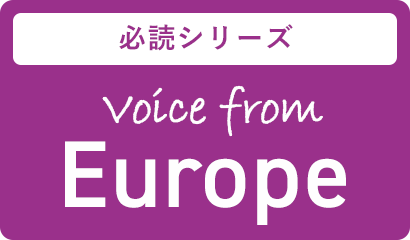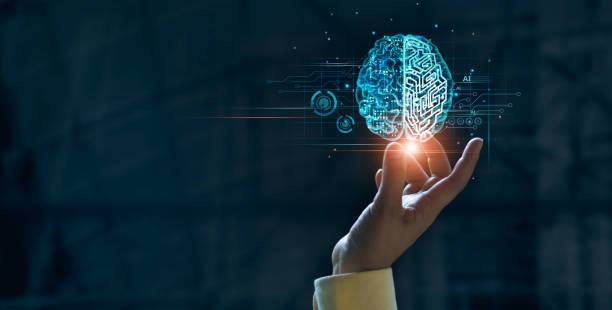
RECRUITERS VS ARTIFICIAL INTELLIGENCE: ENEMIES OR PARTNERS?
With the White Paper on Artificial Intelligence (AI)![]() published in 2020, the European Commission fully embraced AI in the European economy and labor market. There is great potential for the employment and recruitment sector too.
published in 2020, the European Commission fully embraced AI in the European economy and labor market. There is great potential for the employment and recruitment sector too.
How can recruitment be made more efficient? An answer to this question comes, as it often does, from the world of artificial intelligence.

Technologies can improve the ability of organizations to find and engage candidates and provide support to recruiters throughout all phases of the recruiting process: from the search, to screening, to selection and final feedback. Chatbots, gamification, and Artificial Intelligence applications allow to test candidates’ skills and behaviors, generating a smarter database for making hiring decisions, reducing their acquisition cost, and making the Human Resources area much more strategic and less operational. Machines based on artificial intelligence can also eliminate human judgments and biases, which are also very often unconscious, therefore extremely difficult to eradicate.
Despite this undoubtedly positive impact, both logistically and economically, many are the concerns emerging from HR professionals: the fear is that artificial intelligence-based tools could deprive the HR world of that "human" part, which is of extreme importance especially in this sector, transforming moments of interaction such as interviews into an impersonal experience for candidates. At the same time, the other fear is that the automation process could lead to the disappearance of some key figures in HR.

In reality, if we look at artificial intelligence as complementary (and not alternative) support to the traditional figures working in human resources, the advantages are undeniable. Not only from a logistical and economic point of view but also from a strategic perspective. Artificial intelligence, however, is still programmed by humans and on the basis of pre-existing data from which the machine can learn. This is why it is not immune to error and it would be naive to consider it the solution to all problems.
Leveraging technology smartly allows us to free up time to focus more on those elements of our work that require human creativity and emotion – traits that technology cannot emulate.
The future will be one combining smart tech and human touch.

About Trusted Corporation
This article is presented courtesy of Trusted Corporation. For more information and inquiries about cross-border and cross-industry collaboration, please visit their website at https://trusted-inc.com/![]()



